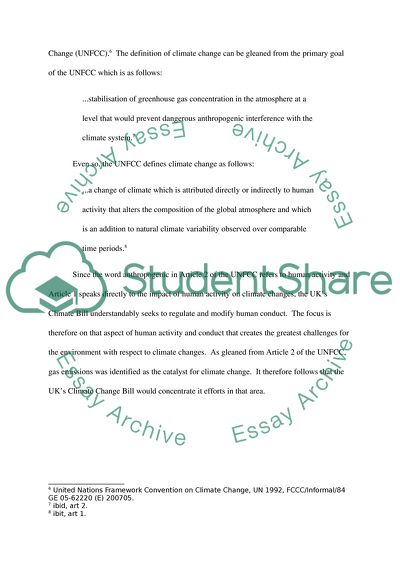Cite this document
(“The Climate Change Bill Essay Example | Topics and Well Written Essays - 2000 words”, n.d.)
The Climate Change Bill Essay Example | Topics and Well Written Essays - 2000 words. Retrieved from https://studentshare.org/environmental-studies/1550372-in-light-of-the-above-statement-critically-examine-the-uks-response-to-climate-change-and-the-proposals-contained-in-the-climate-change-bill
The Climate Change Bill Essay Example | Topics and Well Written Essays - 2000 words. Retrieved from https://studentshare.org/environmental-studies/1550372-in-light-of-the-above-statement-critically-examine-the-uks-response-to-climate-change-and-the-proposals-contained-in-the-climate-change-bill
(The Climate Change Bill Essay Example | Topics and Well Written Essays - 2000 Words)
The Climate Change Bill Essay Example | Topics and Well Written Essays - 2000 Words. https://studentshare.org/environmental-studies/1550372-in-light-of-the-above-statement-critically-examine-the-uks-response-to-climate-change-and-the-proposals-contained-in-the-climate-change-bill.
The Climate Change Bill Essay Example | Topics and Well Written Essays - 2000 Words. https://studentshare.org/environmental-studies/1550372-in-light-of-the-above-statement-critically-examine-the-uks-response-to-climate-change-and-the-proposals-contained-in-the-climate-change-bill.
“The Climate Change Bill Essay Example | Topics and Well Written Essays - 2000 Words”, n.d. https://studentshare.org/environmental-studies/1550372-in-light-of-the-above-statement-critically-examine-the-uks-response-to-climate-change-and-the-proposals-contained-in-the-climate-change-bill.


